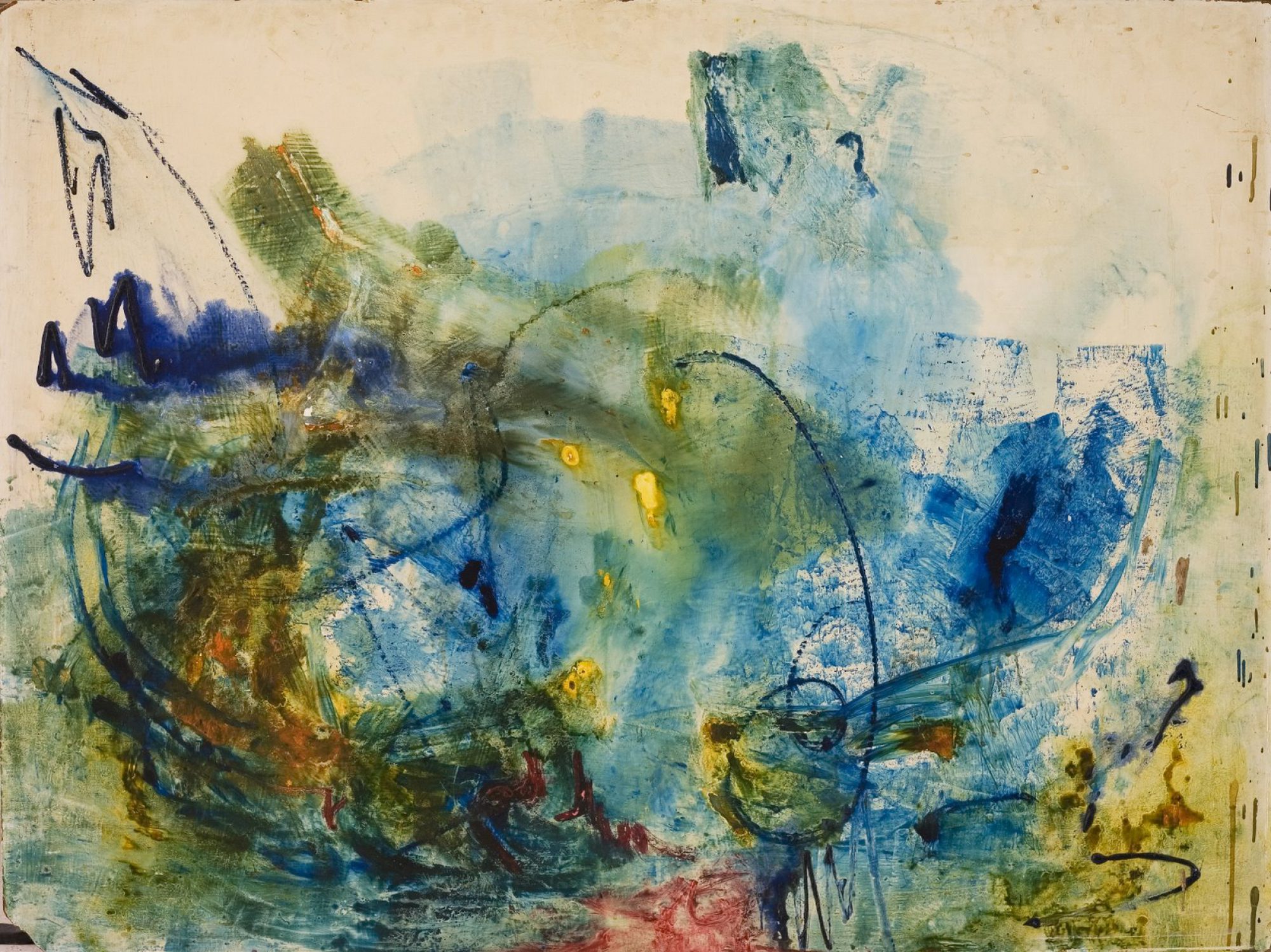What sort of criteria does one apply when evaluating the merits of one string quartet as against another? So many things are relevant – the members’ individual capacities as musicians, their unanimity of attack, quality of tone, temperamental compatibility, unity of concept about the shaping of a phrase, the unfolding of a movement, consistency, presence and other things, too.
From any standpoint, it is virtually impossible to fault the Koeckert Quartet. Their recital in Bulawayo last night offered playing as refined and distinguished as we have heard for a long time and as accomplished as that of any comparable group now before the public.
Striking
Particularly striking in their performance of Haydn’s D major Quartet, Op. 20, No. 4, was the unforced manner in which they allowed te music to grow and expand from the tentative first chords, through the variations, the bucolic minuet and the quietly understated ending.
Haydn – if anybody – gave sonata form its characteristic shape (exposition, development, recap and resolution); a shape which strangely enough recurs in most Western dynamic art forms: the dance, the theatre and the novel. The Quartet drew attention throughout to the music’s sense of direction, without ever lapsing into dryness or academic detachment.
Memorable
I was tempted to shout for a repeat of Shostakovitch’s Seventh Quartet, so finely was it performed. The quartets contain some of this composer’s most striking music and, the seventh, with its quiet, persistently questioning character dying away in irresolution, strongly prefigures the better-known eighth.
Sharply accented dynamics, profound immersion in the deeply felt adagio, subtle nudging at the arrhythmic irreverences of the final two movements, made their reading of the second Rasoumovsky Quartet of Beethoven both humanly and intellectually memorable. It was an evening of quality.

